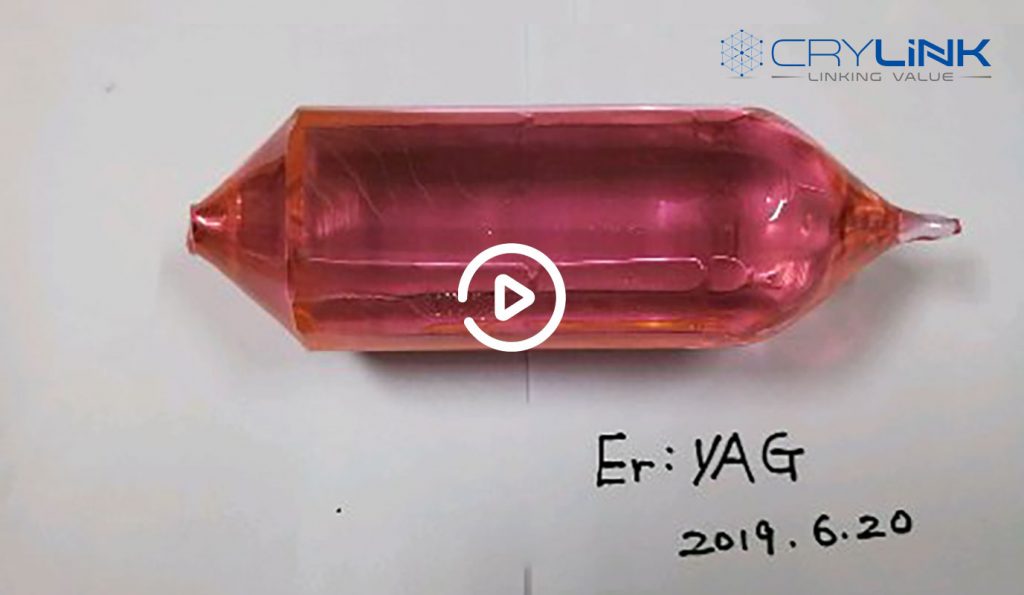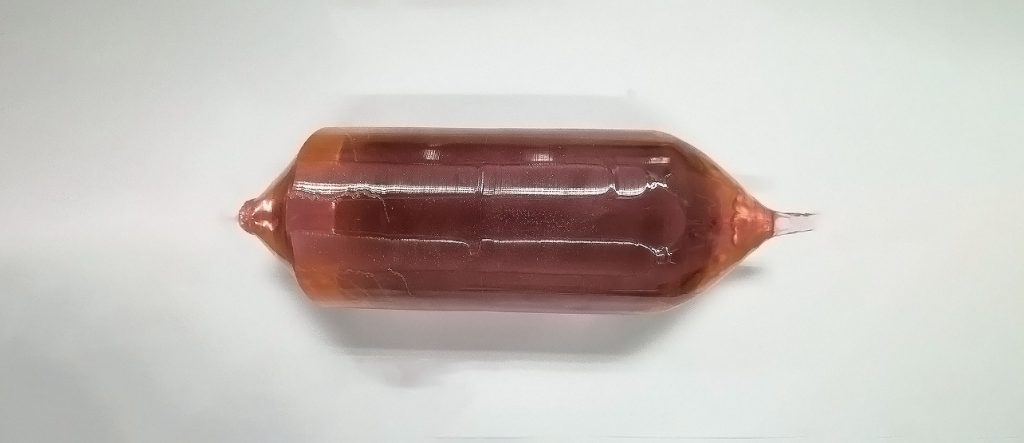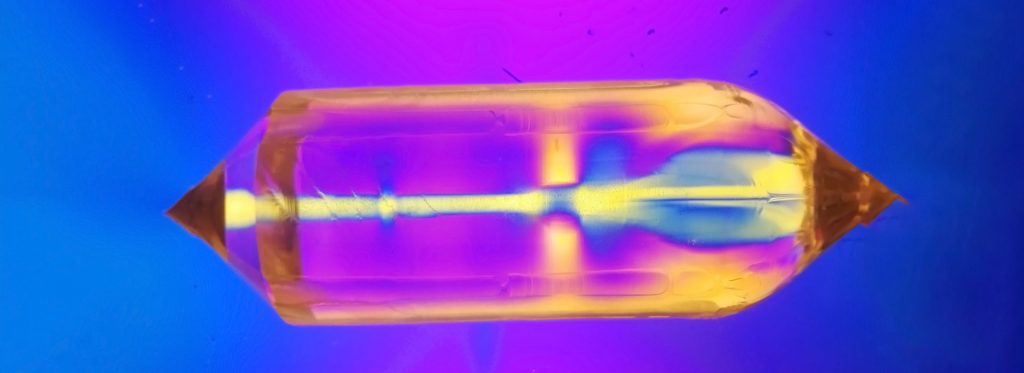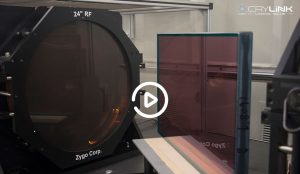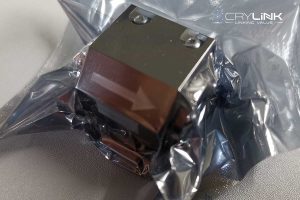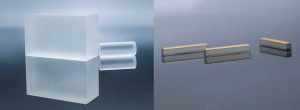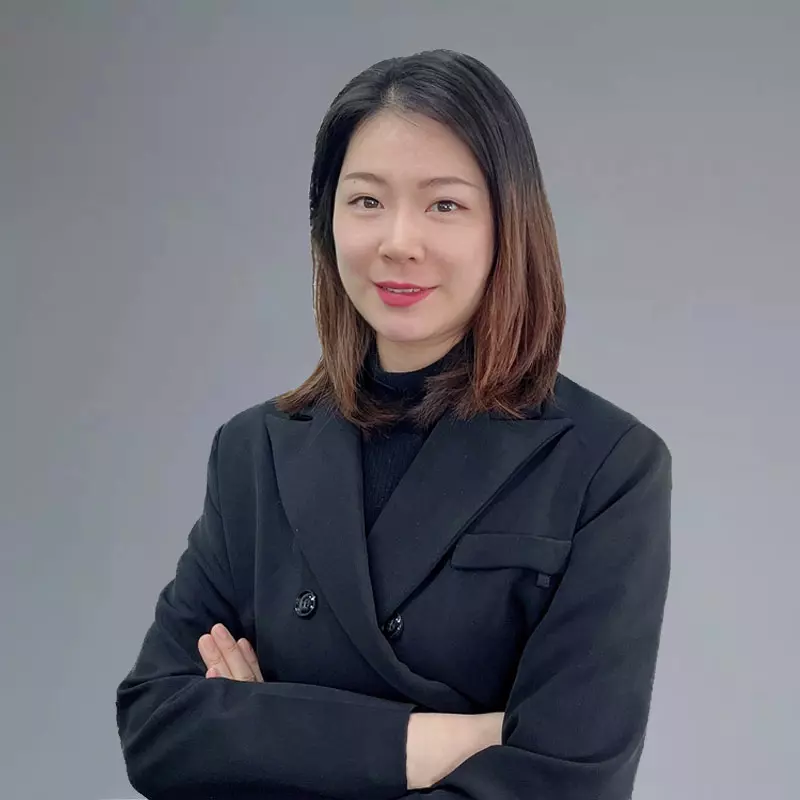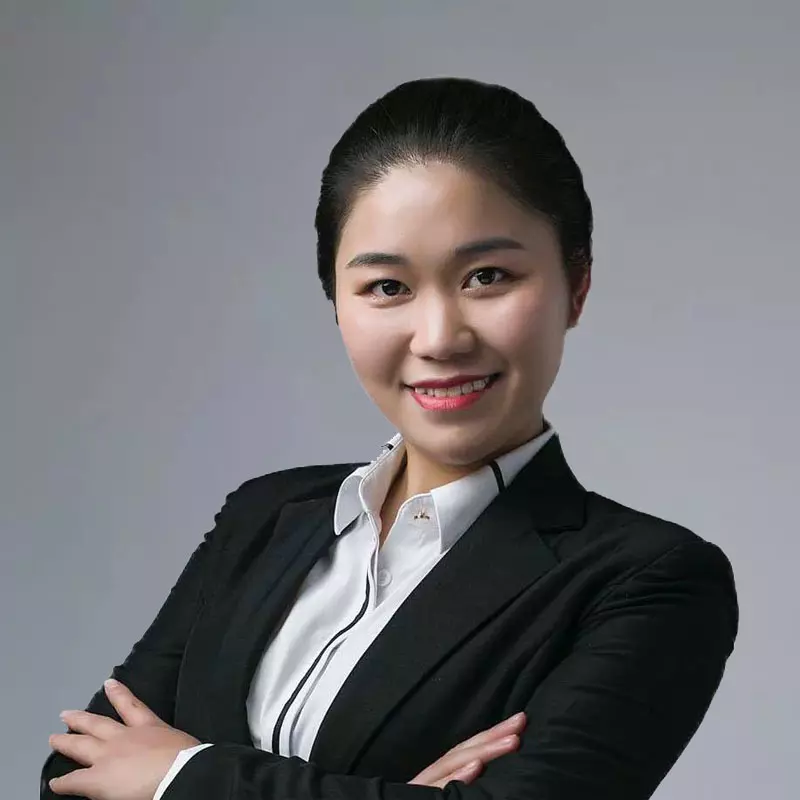During the artificial preparation of Er:YAG laser crystals, we often use Czochralski Method: First, the crystal raw material to be grown should be heated in a high temperature-resistant crucible until melted, and then adjust the temperature so that undercooling the upper part of the melt. Secondly, put the seed crystal on the seed crystal’s rod and let the seed crystal contact the surface of the melt. When the surface of the seed crystal is slightly melted, pull the rod slowly upwards and rotate it simultaneously. This process causes the melt to be subcooled and crystallize on the seed crystals. And eventually the crystal that we need grows.
The Growth Device for Crystals
The device of Czochralski Method is composed of five parts:
1. Heating Systeam
The heating system is composed of heating, heat preservation and temperature control. The most commonly used heating devices are divided into resistance heating and induction heating. In this operation, we choose high-frequency induction heating. This method depends on the high-frequency strong current flowing into the loop and generate strong magnetic field, which causes eddy currents and strong heat in the crucible. As a result, the temperature of crystal rises rapidly.
The heat preservation device usually uses the metal material and the heat-resisting material and so on to make the heat shield and the thermal insulating layer. It is mainly operated and controlled by sensors, controllers and other precision instruments.
2. Crucible and Seed Holder
Materials of crucible requires having stable chemical properties, high purity, and the melting point should be higher than the melting point of raw material 200℃ above. The common materials of crucible are platinum, iridium, silicon dioxide or other high melting point oxides. Seed crystals are clamped with seed holder. The seed crystal should be single crystal without dislocation or with low dislocation density.
3. Drive System
The transmission system is composed of seed crystal rod, crucible shaft and lifting system, and adopts high precision rare earth permanent magnet DC motor to connect the seed crystal rod for transmission, so as to ensure the stability and precision of rotation and lifting.
4. Atmosphere Control System
When YAG crystals grow, they are usually filled with an inert gas such as high-purity nitrogen or argon to protect the iridium crucible from oxidation loss.
5. Rear Heater
Rear heater can be made of high melting point oxide such as alumina, ceramics, etc. It is usually placed on the top of the crucible, and the growing crystals gradually enter the post-heater, where they are cooled to room temperature. The main function of the rear heater is to regulate the temperature gradient between the crystal and the melt, control the diameter of the crystal, and avoid the crystal rupture caused by the phenomenon of component undercooling.
Selection of Crystal Materials
The growth of Er:YAG needs AL2O3(99.999%), Y2O3(99.999%), Er2O3(99.999%)to be raw materials and high purity argon is used as protective gas.
Crystal Growth Technology
1. Into a crucible
After weighing all the raw materials in a stoichiometric ratio, grind and mix them evenly and load them into iridium crucible.
2. Vacuuming – Leak Hunting – Pressure Regulating
After sealed single crystal furnace, vacuum and flush it with argon for 2-3 times. Open the vacuum valve and argon valve after the leakage rate reaches the standard, so that the atmosphere and pressure conditions required for the growth of single crystal in the furnace can be achieved.
3. Melt the materiala
Turn on the heater to melt the raw material and adjust the feeding time according to the batch charge.
4. Seeding
After all the material is melted, reduce the power. When the liquid level temperature is close to the seeding temperature, drop the seed crystal and the fusion with the melted raw material is completed. Then, pull the crystal slowly and make a single crystal with 3~5mm in diameter.
5. Shouldering
After seeding, the temperature and pulling speed should be reduced appropriately. After waiting for the seed crystal to shrink to the ideal size, make the crystal slowly enlarge to the target diameter under a certain speed increase. The crystal is shouldered to its proper size and the cylindrical growth begins. Figure. 2 shows Er:YAG crystals after shouldering.
6. Cylindrical growth
After growing to the target diameter, the crystal diameter was controlled within the target diameter by controlling the pulling speed and temperature.
7. Lift Off
After cylindrical growth and the diameter of crystal tail reduced to less than 5mm, lift it off directly which is used to separate the crystal from the raw material melt. In this process, the temperature change caused by the separation of the growth interface from the liquid level should be avoided, otherwise it will cause dislocation and slippage.
8. Cooling down and removing
After crystal growth, the rod needs to be cooled gradually to room temperature. Shock cooling will lead to stress accumulation inside the rod and cracking.
Inspection of Crystals
After crystal preparation, Er:YAG Laser crystals should be examined by polarizing stress meter. Open the instrument and put in a crystal, then observe the phenomenon, measure and record relevant data. As shown in Figure 4, we can see that the core diameter of the crystal is 6mm, with the same size up and down. The crystal core is small and has no side core.The internal stress distribution in the crystal is well balanced, without stress concentration point.

